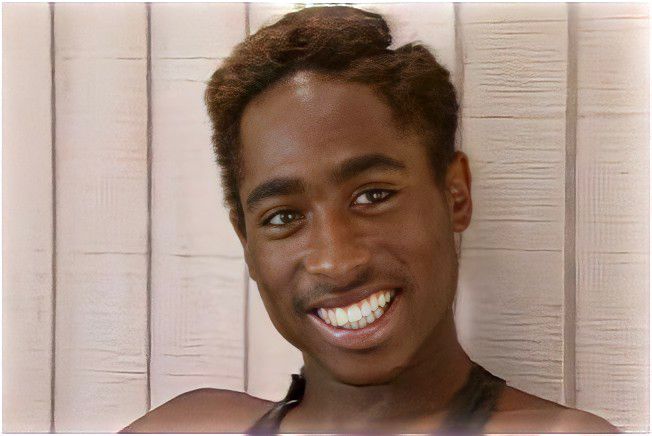Hip hop was still establishing its central tenets when Tupac broke onto the scene. Throughout his rap career, he became one of the main proponents of making sure that the genre remained all-encompassing and warded off the slide towards beefs, bragging and bust-ups alone. No song says that quite like the Me Against the World classic from back in 1995 ‘Dear Mama’.
During his youth, Tupac shifted from Manhattan to Baltimore and eventually to the San Francisco Bay Area. Throughout this time his mother, Afeni Shakur, worked tirelessly to not only provide for him but ensure that he was raised with a positive mindset. In fact, she even changed his name just before his first birthday in honour of the Peruvian revolutionary, Tupac Amaru, who tried to overthrow Spanish rule in 1781.
His mother once said: “I wanted him to have the name of revolutionary, indigenous people in the world. I wanted him to know he was part of a world culture and not just from a neighbourhood.” This idea of belonging to something bigger is one that Tupac would indeed extol on each of his albums, but not before he dealt with matters of the heart.
‘Dear Mama’ is not only one of the most stirringly touching rap songs from the era, but it was also one of the very first to tackle the delicate subject of motherhood. This set about a trend of motherly odes that has been picked up by everyone from Nas to Kanye West, and on the opposite side of the coin, Eminem and his less favourable anti-odes. Nevertheless, Tupac sent out a clear message that has gladly been followed: it is okay to show a softer side in rap.
For the iconic video of ‘Dear Mama’, Tupac’s mother is depicted as poignantly flicking through an old photo album while her son was in prison. His mother was played by Tracii McGregor who later commented: “For this role I looked like Afeni, I looked close enough. So they hired me for the role.”
Adding: “[Afeni] came over and said hi and she was just marveling at how much I looked like her, couldn’t believe the casting. We got to watch the parts where she was looking through the photos and it just made it more real and there was more pressure to get it right and not make it contrived.”
Neither the song nor the video are guilty of feeling contrived and as such his heartbreaking ode was adored by the masses. The single reached number 9 in the UK and stood out as a reflective piece studying fallibility when the rest of rap was heading in a fake ‘invincible’ direction.
